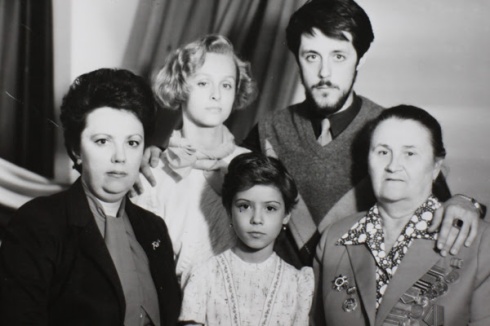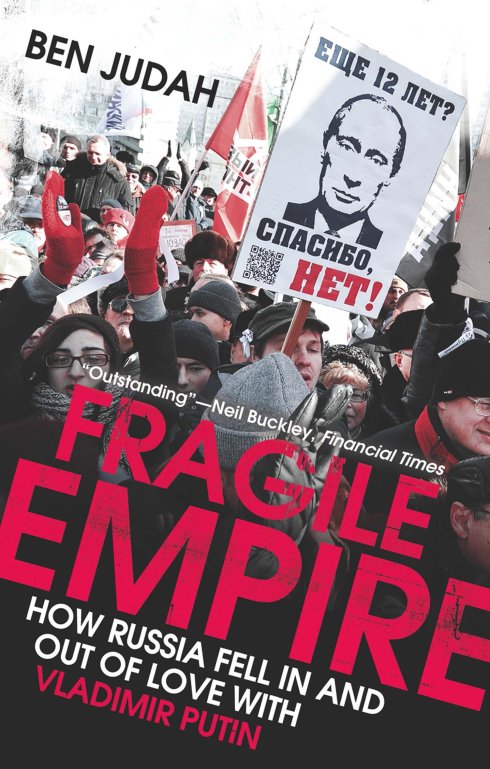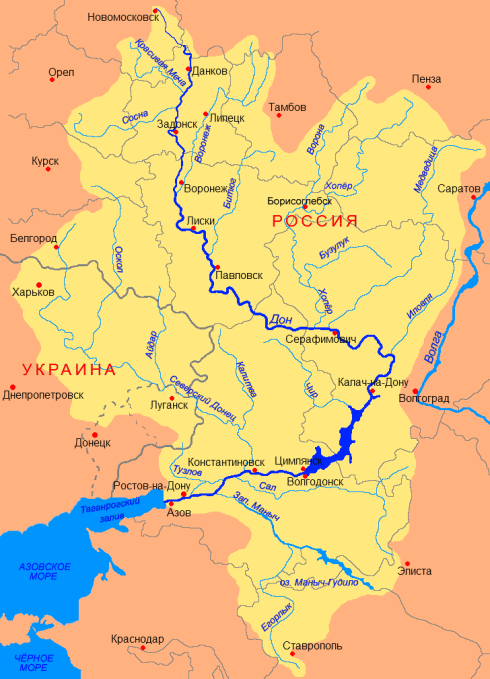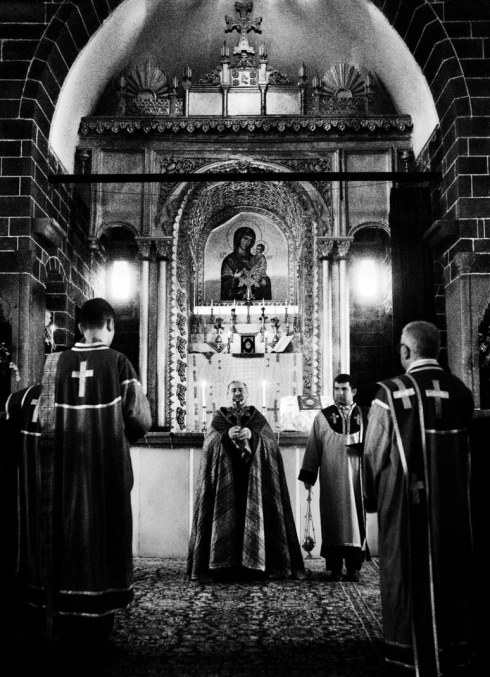 Easter Mass in Sourp Giragos in Diyarbakır, 2014. Because the church still has no priest assigned to it, a priest flies in from Istanbul. Pari Dukovic
Easter Mass in Sourp Giragos in Diyarbakır, 2014. Because the church still has no priest assigned to it, a priest flies in from Istanbul. Pari Dukovic
From “A Century of Silence: A family survives the Armenian genocide and its long aftermath.“:
“As the villagers fled to Diyarbakir from the surrounding areas, it became a Kurdish city. In time, the Diyarbakir Kurds began to recognize that their role in the genocide was a kind of original sin in their modern political history. “I remember this one Armenian priest,” Demirbaş told me. “A Kurd was insulting him, and this priest told him, ‘We were the breakfast for them, you will be the lunch. Don’t forget.’ And that was important for me.'”” [My emphasis]
While we’re on Armenians, at a time when Syria plunges more deeply into hell than we had ever thought possible, when the West abandons the Kurds to Erdoğan and Assad, proving again that the U.S. is Turkey’s hamali, or that Turkey’s tail wags the dog, if you prefer, a historical reality check might be called for.
The American and almost every other media might be too superficial or too impatient to dig so deep historically because they’d lose their audience, but there is one, and one big thing that disproves Donald Trump’s assertion that Turks and Kurds have been fighting each other for centuries and are “natural enemies“ (see video below). And that is the fact that perhaps the greater portion of the massacres of Armenians and other Christians in eastern Anatolia during the last decades of the 19th c. and first two and a half decades of the 20th c. were conducted by Kurds.* Not by the Ottoman military, but by Kurdish para/irregular forces or just Kurdish tribal chieftains craving more land and authority and wealth, and conducting/justifying their campaigns of mass murder with the rippling green banner of Islam, under which Turks and Kurds were just brothers in defense of the faith. Only when the forces of modern nationalism started displacing the older bonds of religion and empire, did Kurds arguably start to feel themselves a separate entity from Turkish Muslims, and did the power of clan loyalties shift from semi-feudal to Kurdish nationalist ones; it’s even arguable that Republican Turkey’s anti-ağa, anti-religious and Turkification campaigns stoked the fires of the new Kurdish nationalism more than anything else. (Somewhat of a similar process occurs between the Ottomans and Muslim Albanians in the early 20th c., and Orthodox Greeks and Orthodox non-Greeks: Bulgarians, Macedonians, Vlachs, Albanian Christians — as the latter groups discovered/invented new identities to replace the old religious-institutional bonds.)
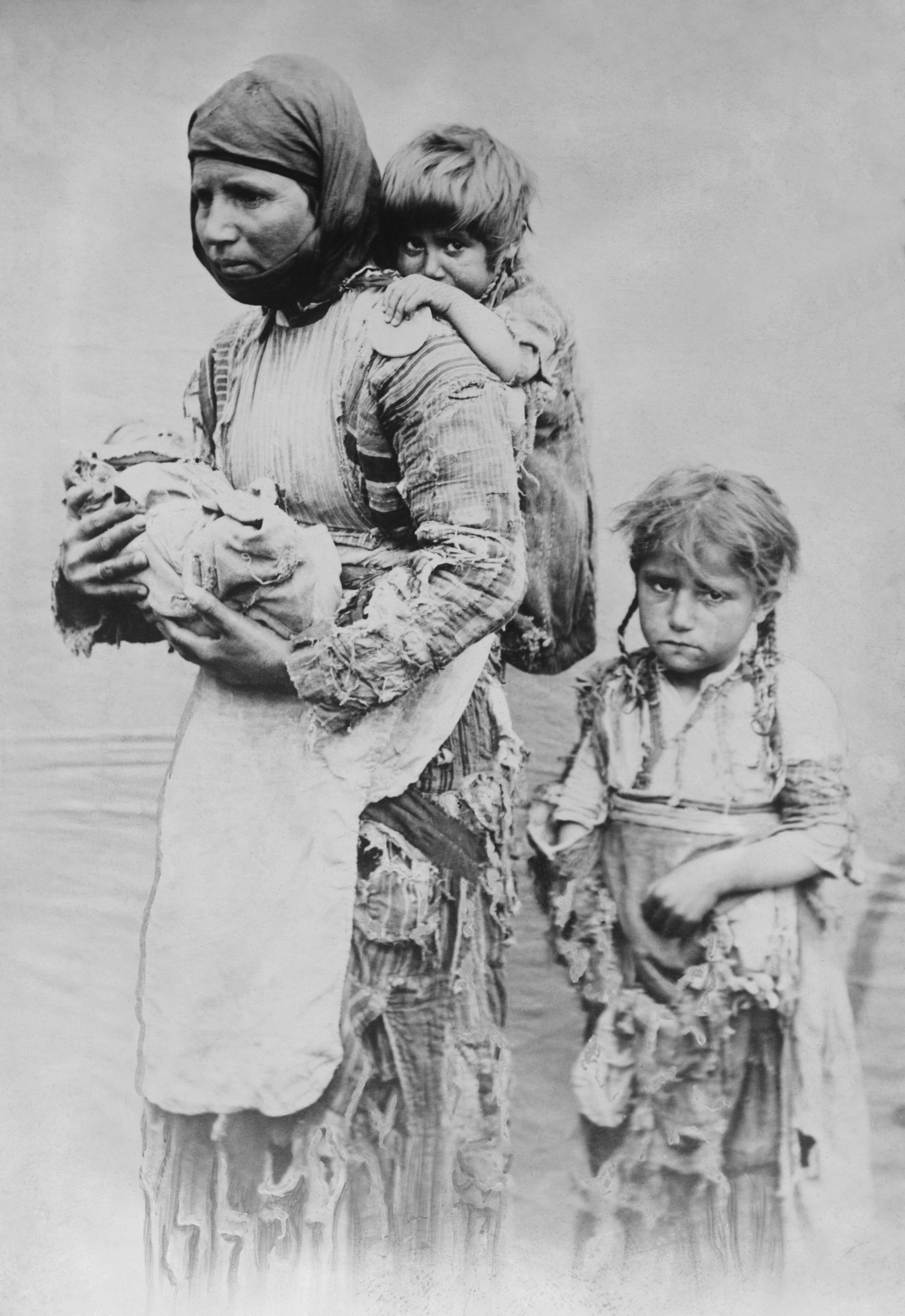 An Armenian woman and her children who were refugees of the massacres and sought help from missionaries by walking far distances. Photo unknown provenance.
An Armenian woman and her children who were refugees of the massacres and sought help from missionaries by walking far distances. Photo unknown provenance.
So I’m sorry that couldn’t counter Trump’s claims of eternal Turkish-Kurdish enmity with something pretty about how — on the contrary — eternally well they have gotten along but rather by implicating both parties in coordinated mass murder. And forgive me the occasional snicker at Greek pro-Kurdish poses and the general sanctification of Kurds that we’ve witnessed in the past couple of decades.
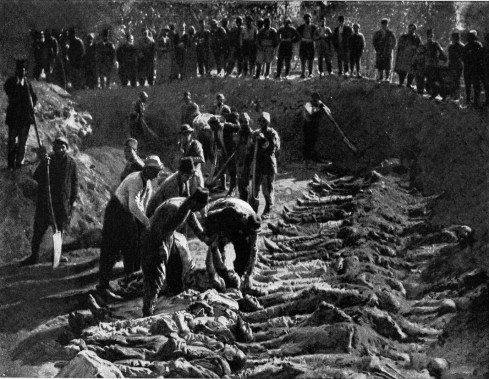 Armenian victims of the massacres being buried in a mass grave at Erzerum cemetery. Photo unknown provenance.
Armenian victims of the massacres being buried in a mass grave at Erzerum cemetery. Photo unknown provenance.
* From Wiki:
(“In 1890-91, at a time when the empire was either too weak and disorganized or reluctant to halt them, Sultan Abdul Hamid gave semi-official status to the Kurdish bandits. Made up mainly of Kurdish tribes, but also of Turks, Yöruk, Arabs, Turkmens and Circassians, and armed by the state, they came to be called the Hamidiye Alaylari (“Hamidian Regiments“).[16] The Hamidiye and Kurdish brigands were given free rein to attack Armenians, confiscating stores of grain, foodstuffs, and driving off livestock, and confident of escaping punishment as they were subjects of military courts only.) [my emphasis]
And not just eastern Anatolia. Istanbul’s Kurdish population played a major role in the 1896 Hamidian Armenian massacres in the City, where hundreds were killed right there in Pera, in ab-fab Beyoğlu, in the middle of the elegant, Beaux Arts, now garish and overlit Istiklâl. Referred to this before and to how brilliantly these events are handled in the “Duck with Okra” chapter in Maria Iordanidou’s Loxandra.
Only fair, however, that I include a reference to this 2015 article from The New Yorker, “A Century of Silence: A family survives the Armenian genocide and its long aftermath.“ by Raffi Khatchadourian, in which the then mayors of Diyarbakır and the separate municipality of the Old City, Osman Baydemir and Abdullah Demirbaş respectively, apologize for the Kurdish role in the Armenian massacres and rebuild and restore the city’s main Armenian church, Sourp Giragos (Hagios Kyriakos in Greek) and allow it to function (see photo above) for the handful of Armenians left in the city. Khatchadourian‘s article has some beautiful photos too by Pari Dukovic.
“We Kurds, in the name of our ancestors, apologize for the massacres and deportations of the Armenians and Assyrians in 1915. We will continue our struggle to secure atonement and compensation for them.”
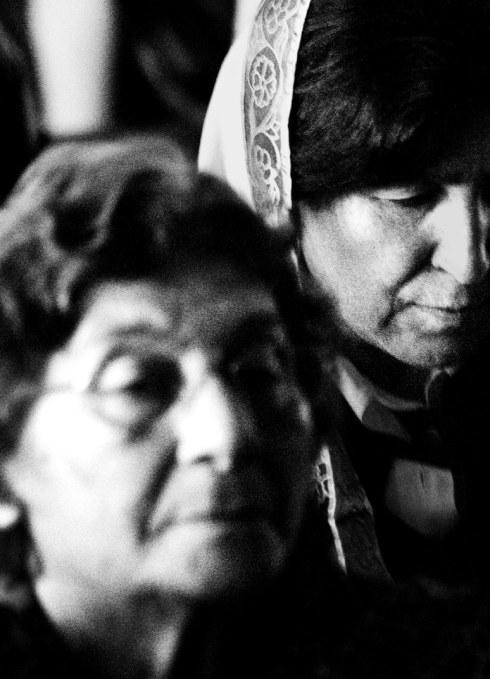
–
Comment: nikobakos@gmail.com
–

